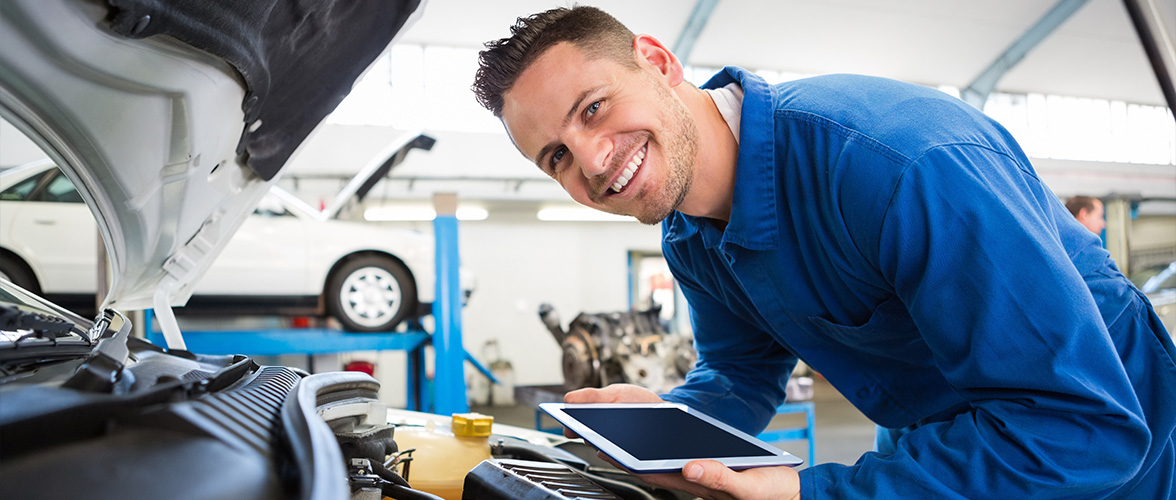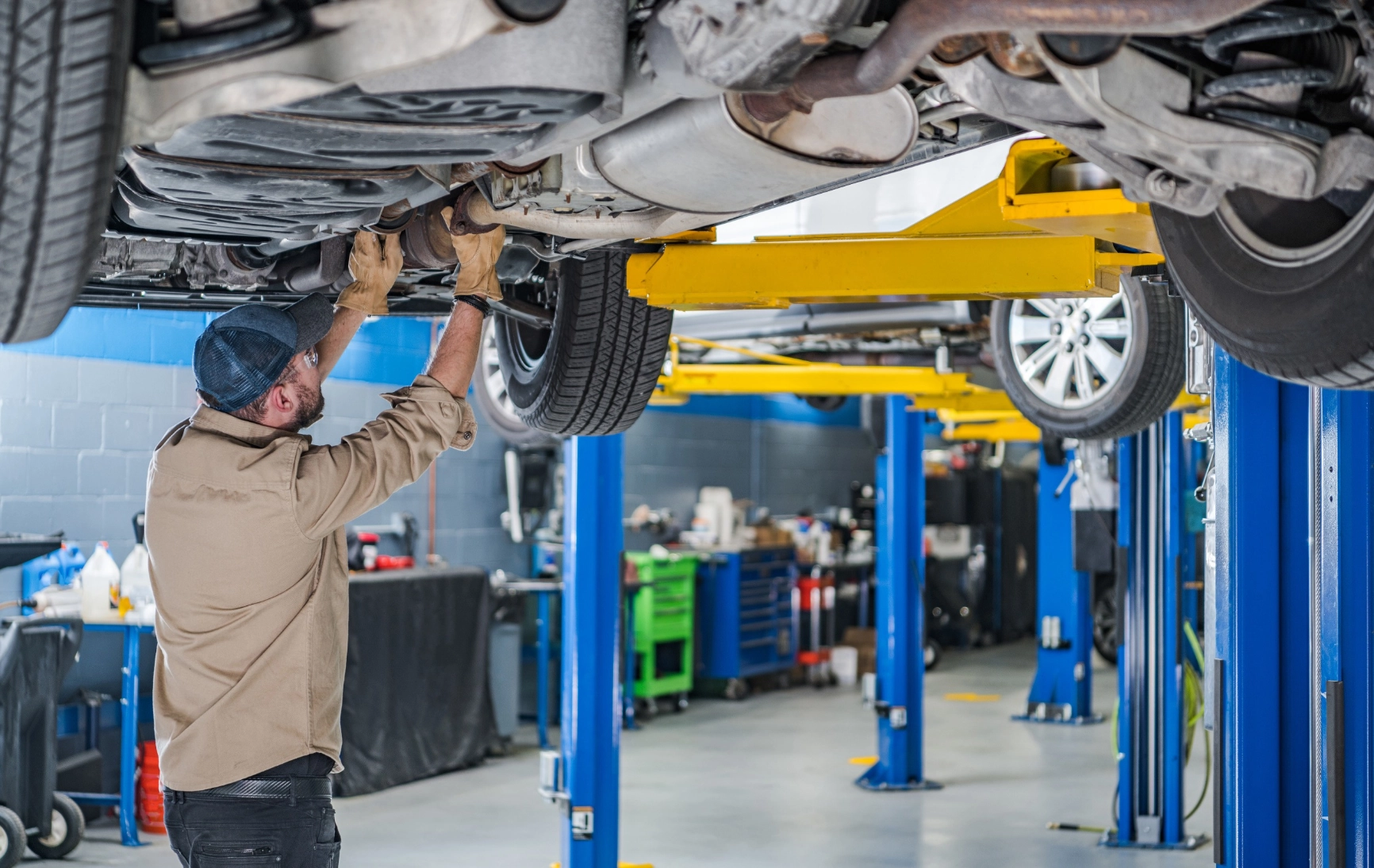All Categories
Featured

Your cars and truck's engine is the heart of your vehicle, and keeping it in leading condition is vital for optimal efficiency and long life. Normal engine tune-ups are a wonderful method to preserve your auto's health, boost fuel efficiency, and prevent costly repairs in the future. Whether you're a car fanatic or somebody that just desires to keep their lorry running smoothly, these engine tune-up suggestions will aid you obtain the most out of your auto.
- Change Glow Plugs. Ignition system play a vital role in beginning your engine and ensuring smooth combustion. In time, ignition system can end up being filthy or used out, bring about misfires, reduced gas performance, and rough idling.
During an engine tune-up, evaluate and replace your ignition system if required. The majority of vehicles call for brand-new spark plugs every 30,000 to 100,000 miles, relying on the kind. On a regular basis changing ignition system makes certain correct ignition and optimal engine performance.
- Inspect and Tidy the Air Filter. The air filter protects against dirt, dust, and debris from entering your engine. A stopped up or unclean air filter limits air flow, creating your engine to function more challenging and shed more gas.
Check your air filter throughout a tune-up and change it if it's filthy. In messy settings or areas with heavy pollution, you may require to alter the air filter extra frequently. A tidy air filter can improve fuel performance and expand the life of your engine.
- Examine and Replace Belts and Tubes. Belts and hose pipes are vital for different engine features, such as powering the generator, water pump, and air conditioning system. Over time, these elements can crack, fray, or put on out, potentially leading to breakdowns.
During a tune-up, check belts and hoses for indicators of wear and change them if required. Replacing these components proactively can save you from pricey fixings and stop unexpected failures.
- Clean the Fuel System. Your gas system, consisting of the gas injectors and gas lines, can gather dust and carbon deposits with time, minimizing engine efficiency. Cleaning up the gas system throughout a tune-up helps enhance efficiency and fuel economic situation.
You can utilize a fuel system cleaner or have a specialist mechanic do a much more extensive cleaning. This step is particularly vital for older cars or automobiles that regularly drive in stop-and-go web traffic.
- Examine the Battery and Charging System. A healthy battery is vital for starting your engine and powering electric elements. Throughout a tune-up, inspect the battery terminals for corrosion and guarantee the connections are tight.
Inspect the battery's voltage and change it if it shows indications of weakness. Furthermore, have the alternator and billing system checked to ensure your battery remains billed during operation.
- Modification the Engine Oil and Oil Filter. Oil modifications are a fundamental component of engine upkeep. Engine oil lubes moving parts, decreases rubbing, and aids regulate engine temperature level. In time, oil comes to be polluted and sheds its efficiency.
Throughout a tune-up, replace the engine oil and oil filter to keep your engine running efficiently. Follow your lorry's producer referrals for oil type and modification intervals.
- Examine the Air Conditioning System. The cooling system prevents your engine from overheating. With time, coolant can degrade or come to be infected, minimizing its efficiency.
Examine the coolant level and condition during a tune-up, and flush and replace it if needed. Inspect the radiator, water pump, and hoses for leakages or damages. A well-kept cooling system aids your engine run at the appropriate temperature and prevents getting too hot.
- Examine the Ignition System. A malfunctioning ignition system can trigger starting concerns and minimized engine performance. During a tune-up, check the ignition coils, supplier cap, and blades (if relevant) Change any type of components that reveal indicators of wear or damages to ensure smooth and trustworthy engine operation.
- Listen for Uncommon Sounds. During a tune-up, take the chance to listen for any type of uncommon engine sounds, such as knocking, ticking, or hissing. These audios can show underlying problems, such as shutoff troubles, loosened elements, or exhaust leakages. Addressing these troubles early can stop extra comprehensive damage.
- Use High Quality Components and Fluids. When performing an engine tune-up, constantly utilize high-grade components and liquids that satisfy your car manufacturer's requirements. Low-cost or inaccurate components can compromise your engine's efficiency and integrity.
Verdict: A Well-Tuned Engine is Secret to Longevity. Regular engine tune-ups are necessary for keeping your auto's efficiency, effectiveness, and dependability. By replacing used elements, cleansing crucial systems, and addressing prospective problems, you can maintain your engine running smoothly for years to come. Whether you're doing it yourself or counting on a trusted technician, buying tune-ups is a wise method to safeguard your vehicle and appreciate a safer, smoother adventure.
Latest Posts
Why Select Washington Fencing for Your Automatic Entrance Demands?
Enhancing Your Property with Washington Fencing Co.'s Wood Secure fencing
Bare Bones Furniture: Your Glens Falls Location for Home Basics
More
Latest Posts
Why Select Washington Fencing for Your Automatic Entrance Demands?
Enhancing Your Property with Washington Fencing Co.'s Wood Secure fencing
Bare Bones Furniture: Your Glens Falls Location for Home Basics
